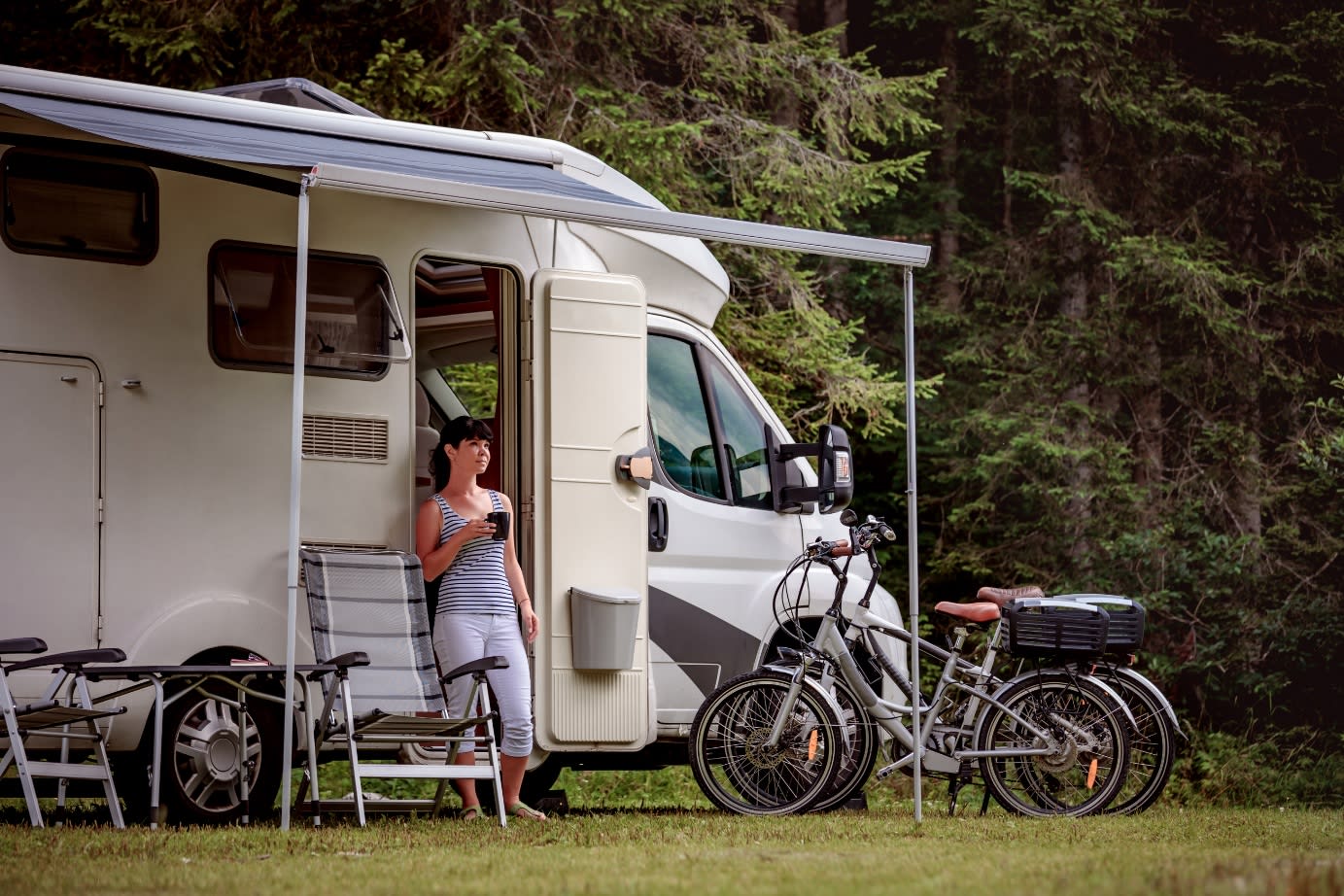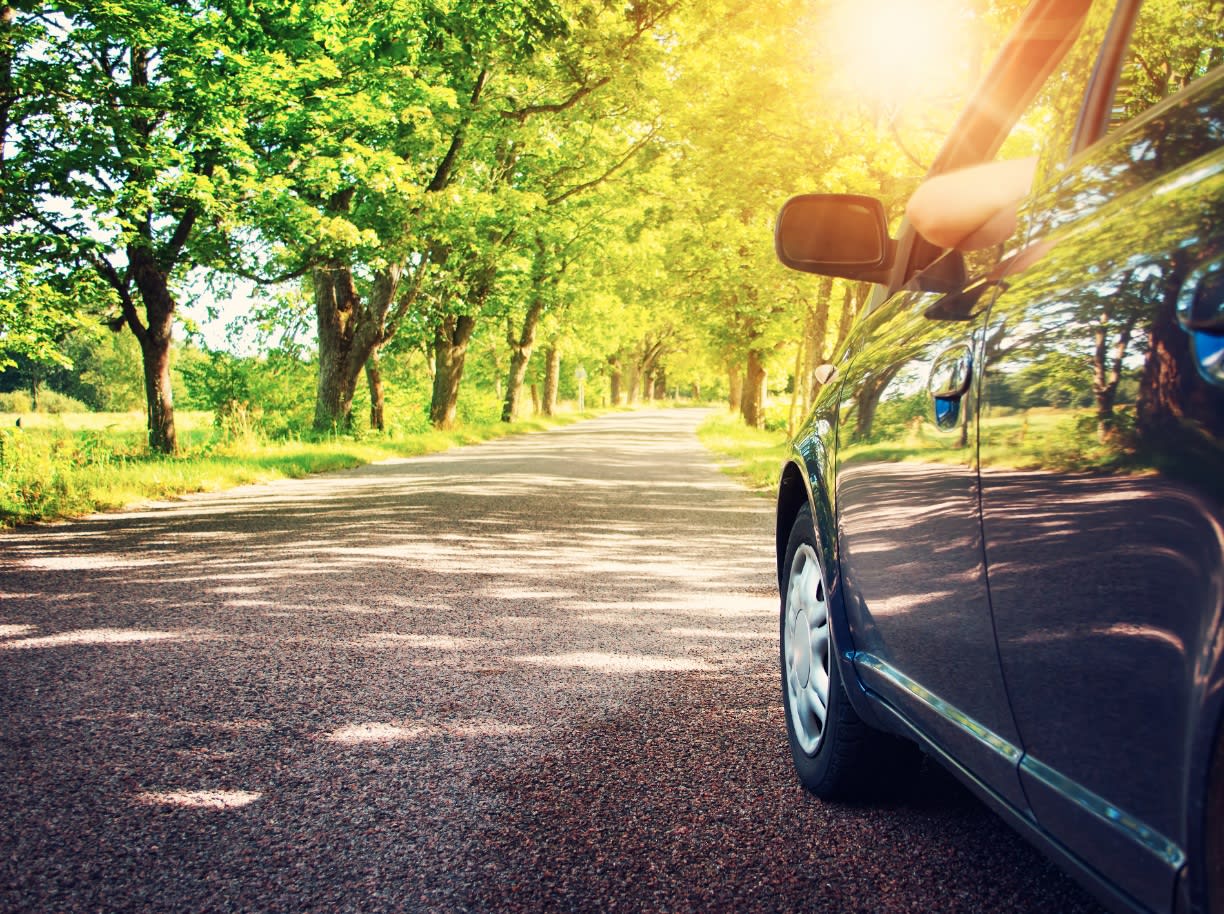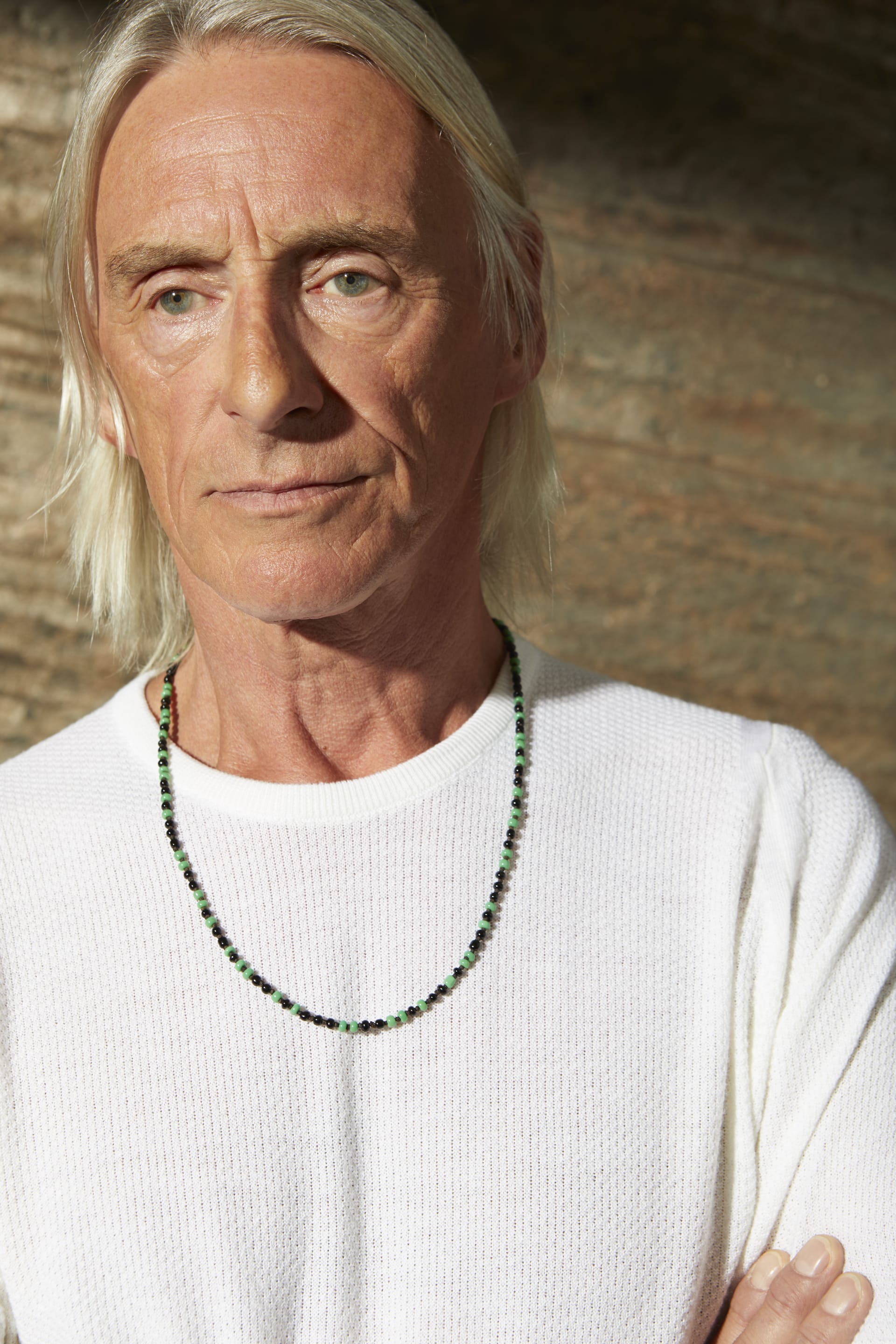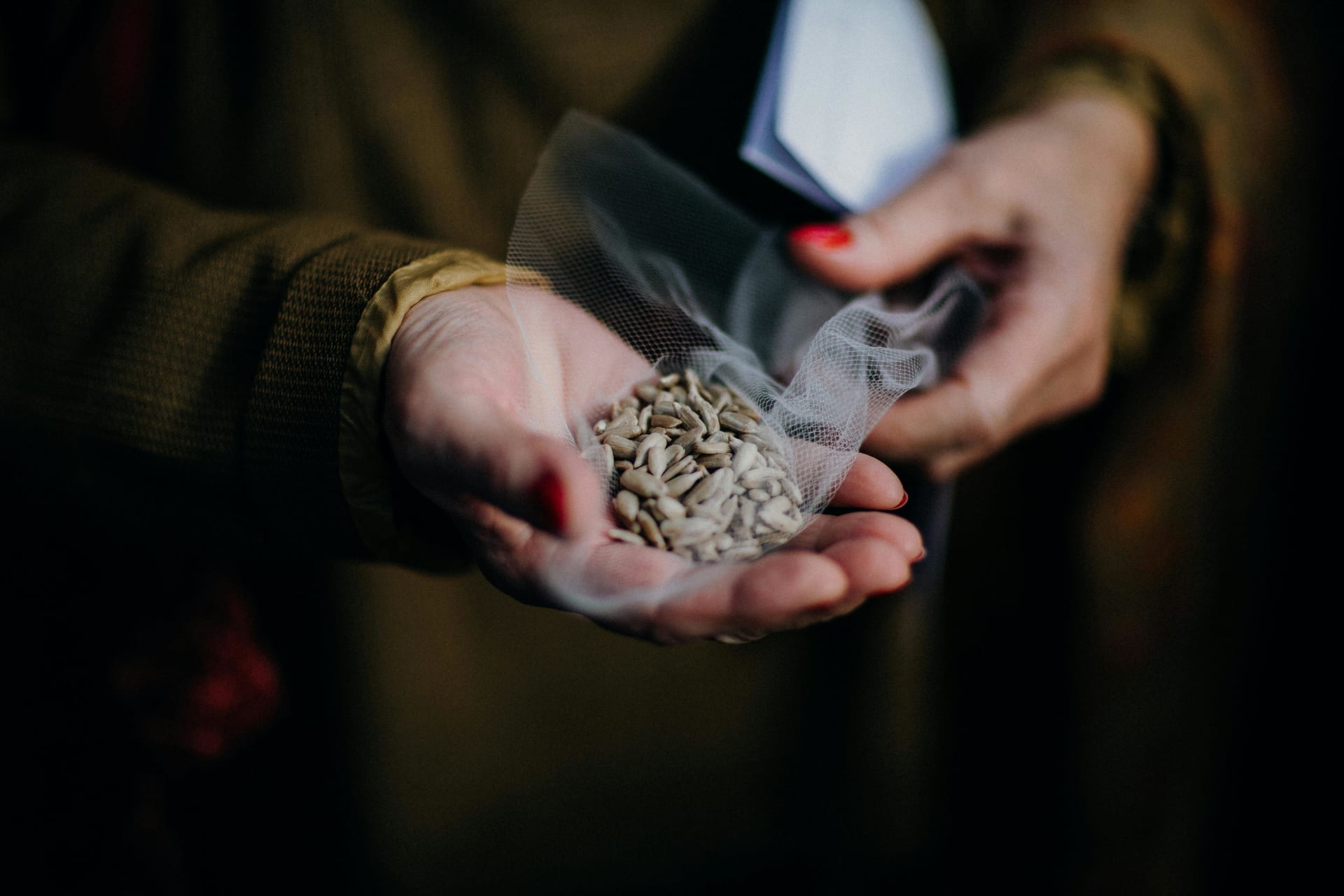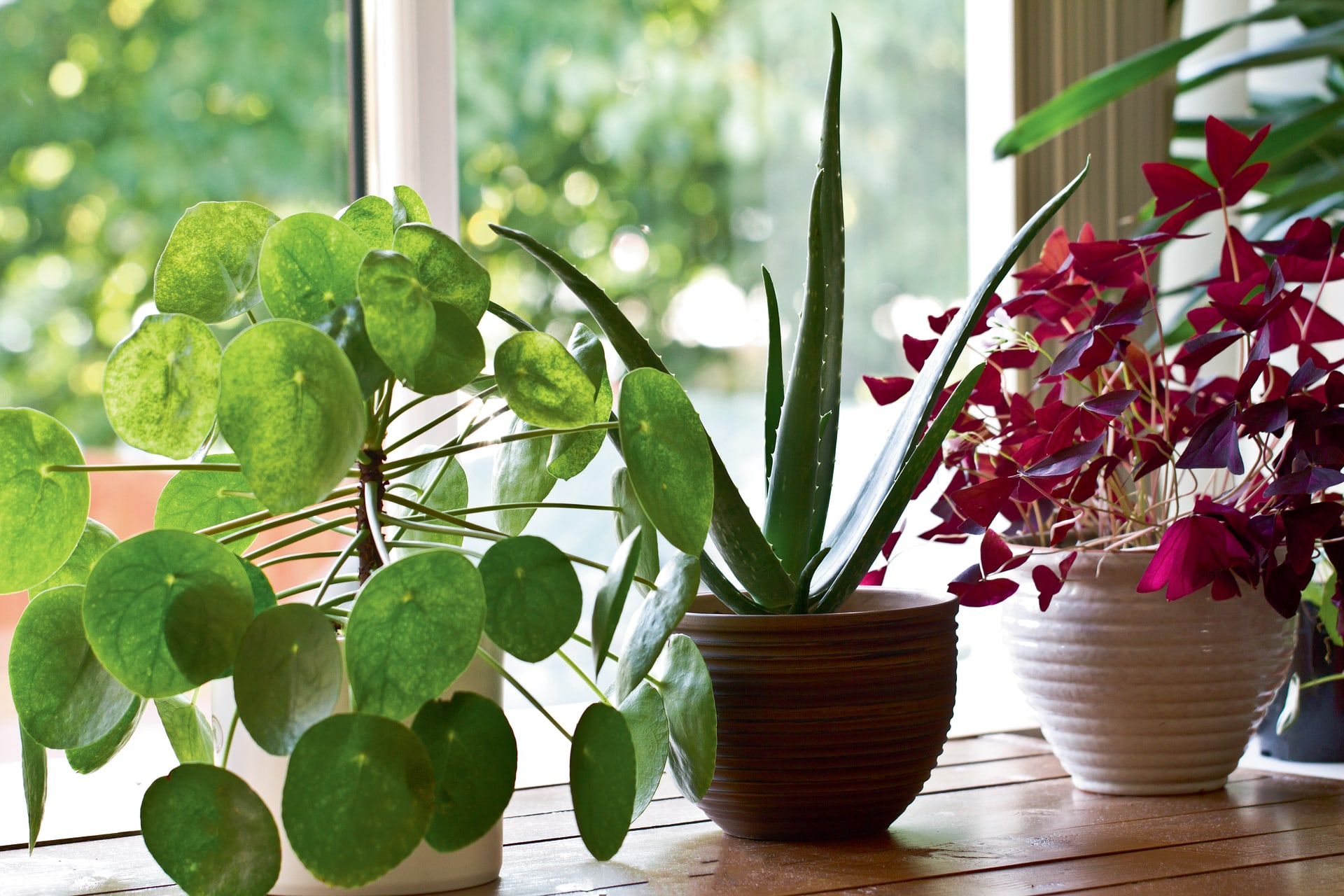Mission: Reduce my carbon emissions by 50% by 2021 Now: 10 tonnes (agh) Goal: 5 tonnes (better, but the ideal target is 2 tonnes...)
This month I’m looking into how to make my summer holiday more carbon friendly. Admittedly, the words summer holiday aren’t eliciting the kind of untethered excitement they usually do. But, I have had an interesting few hours dreaming about exotic destinations and finding out about how to plan (future) holidays without busting my carbon budget.
Having calculated my carbon, a third of my emissions (3.5 tonnes) come from travel and that comes mostly from commuting. A further tonne is generated by eating out and entertainment. So, how does my yearly two-week holiday add up and how can I reduce my impact?
I haven’t flown for a few years, but I’d like to know how flying checks out compared to other modes of transport. A return flight to Thailand uses about 3.5 tonnes of carbon per person and a more local flight, say, to France, is around half a tonne. We normally ferry and drive to our holiday destination and I assume that’s the low carbon option. But is it?
Driving a small petrol car to the south of France, with a family of four there and back, is 0.2 tonnes and the ferry adds on another 20kgs, so it is a much lower carbon option than flying. Stress levels may be higher of course, especially on a hot day with a glove compartment filled with ripe brie (never to be forgiven, but no regrets, it was bloody delicious).
Looking at trains, they virtually always come out better than planes, often by a lot. However, the difference between train and plane can vary and there are some complicating factors. It depends on where you get your train and whether you get a slower lower carbon sleeper rather than a high speed TGV. Interestingly, French trains are low emission because most of the electricity comes from nuclear power, whereas Polish trains are high emission because the electricity is mostly generated by coal. If you want to look at specific journeys, the EcoPassenger website is brilliant.
There’s a lot more to find out about the best places to stay and the choices we make when we get to our destination, which can be my summer project. This year, of course the summer holiday will be necessarily low carbon – I’m guessing camping… But hey, the idea of leaving a 5km radius is excitement enough at the moment, so far-flung ventures can wait until next year.

